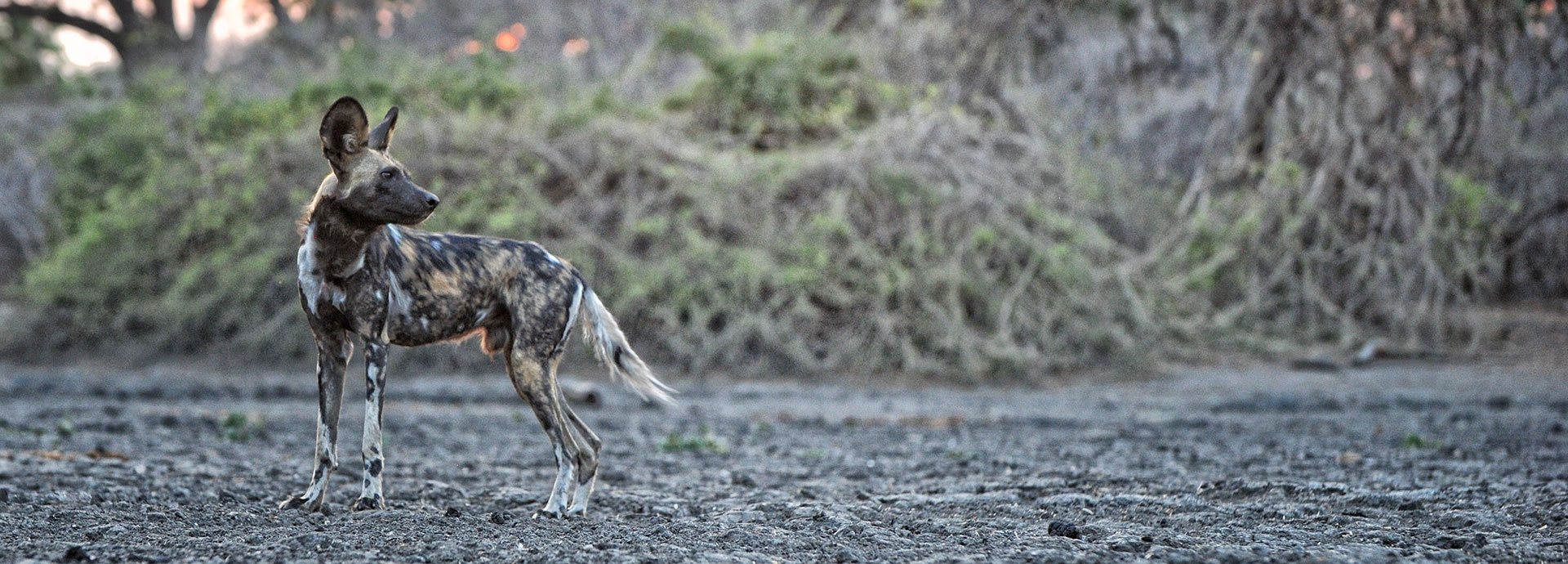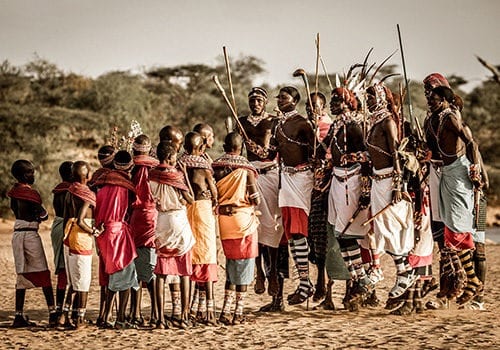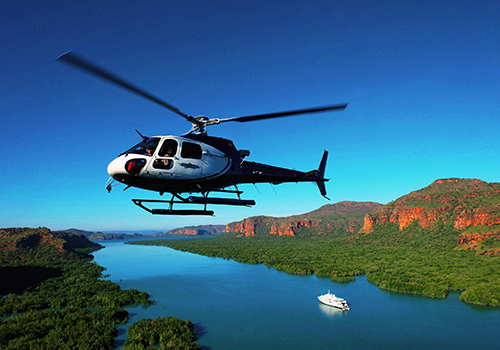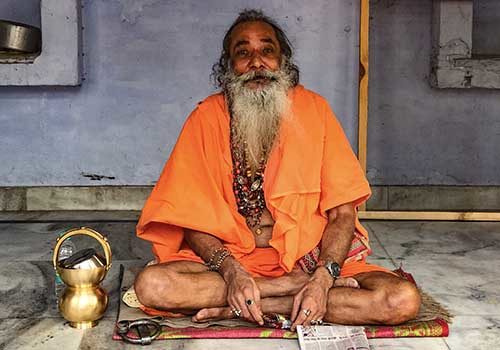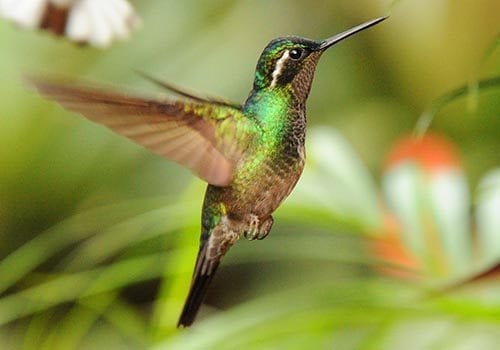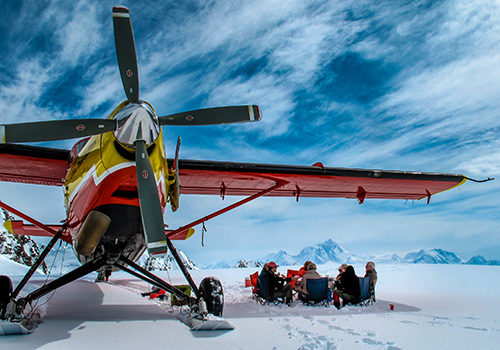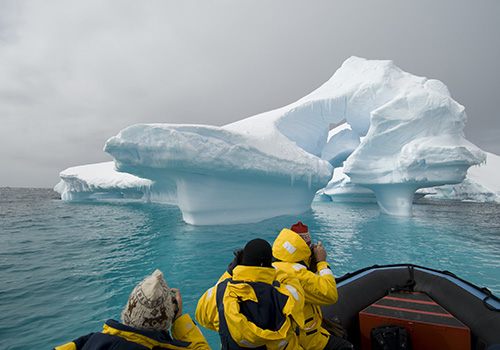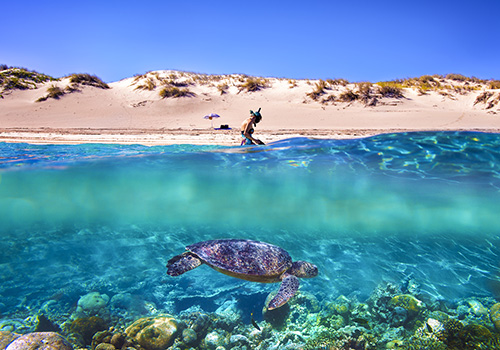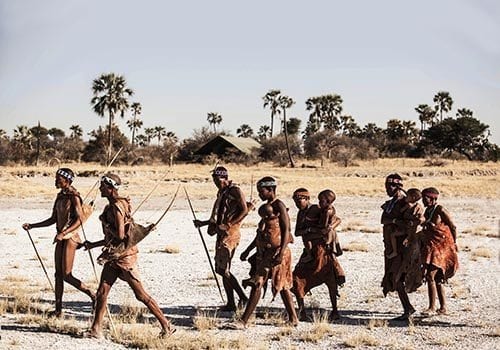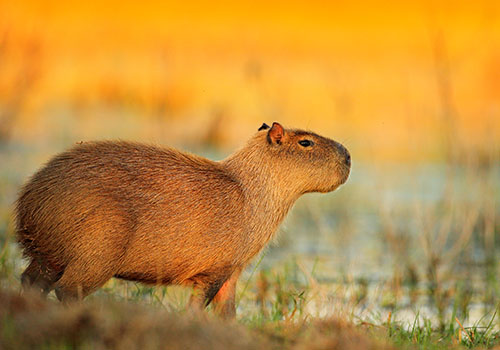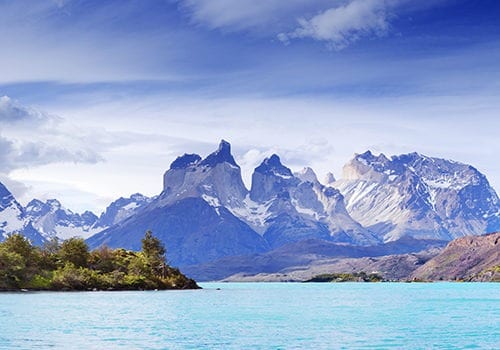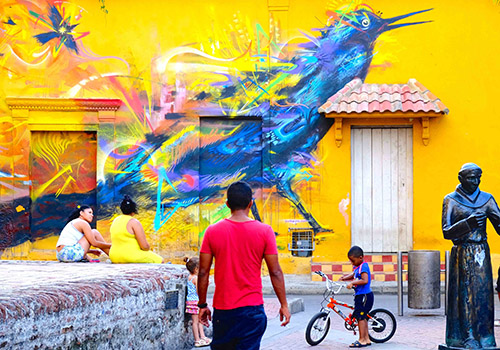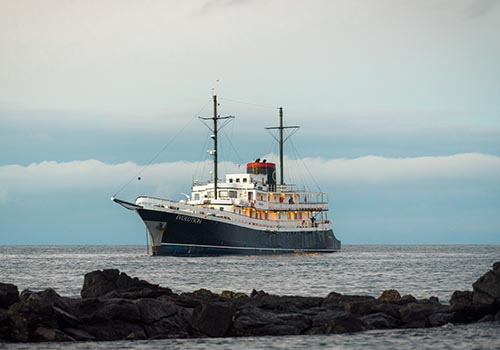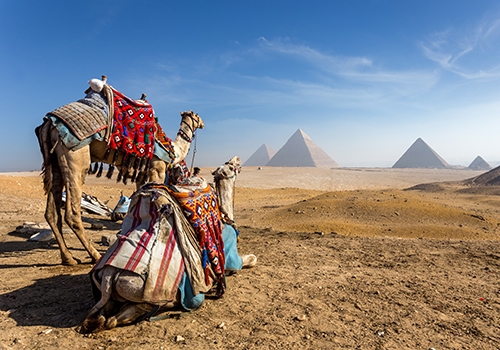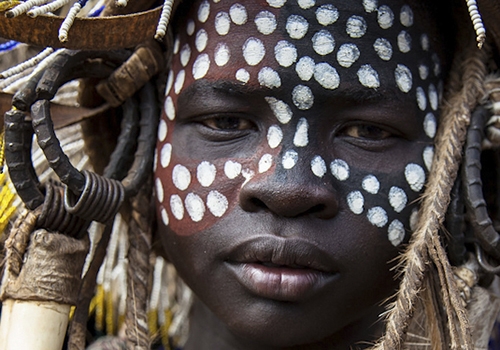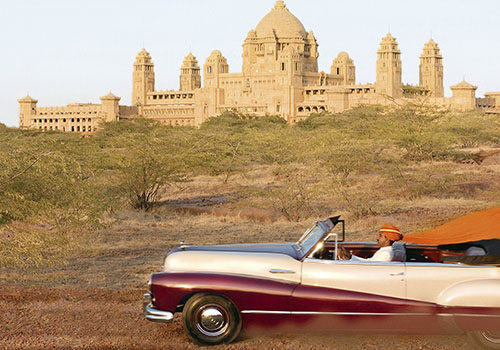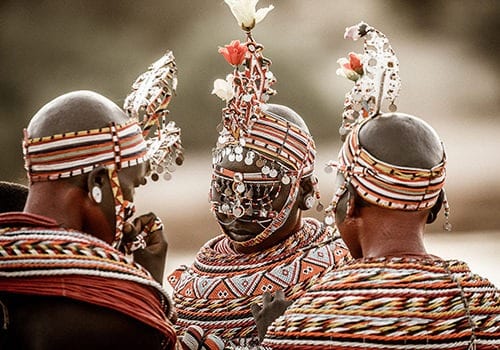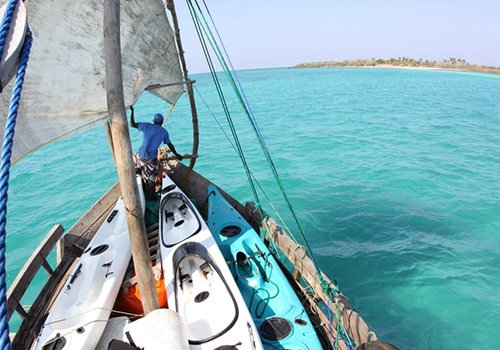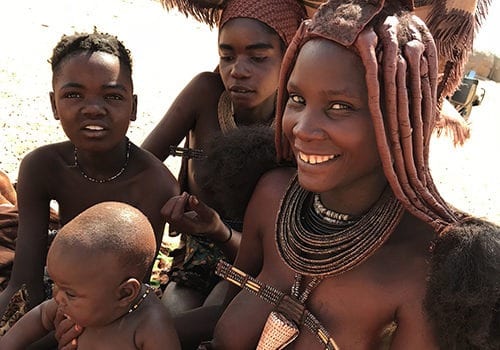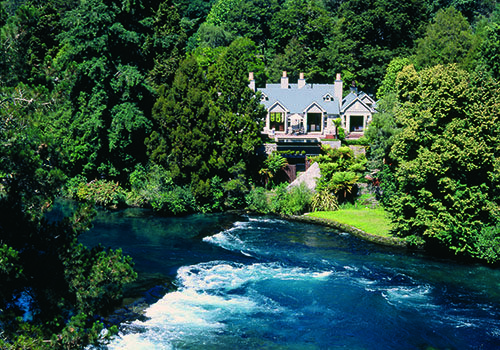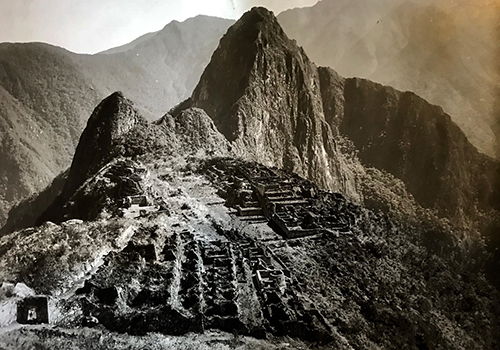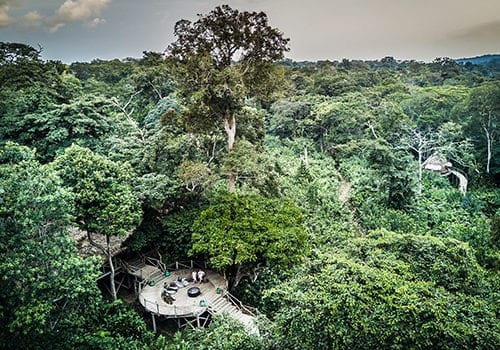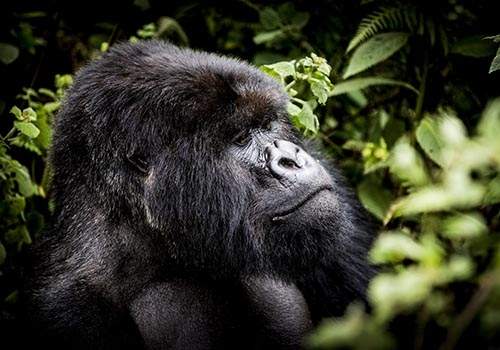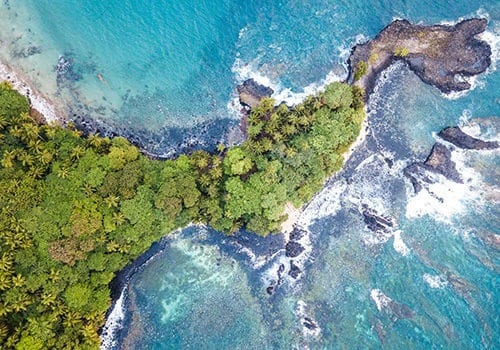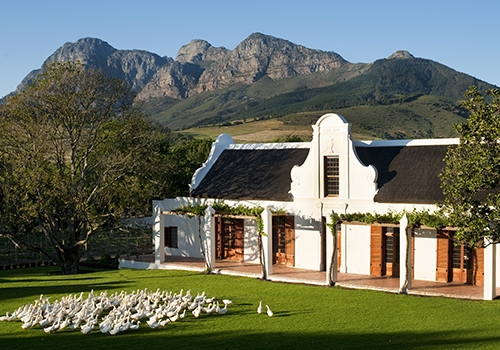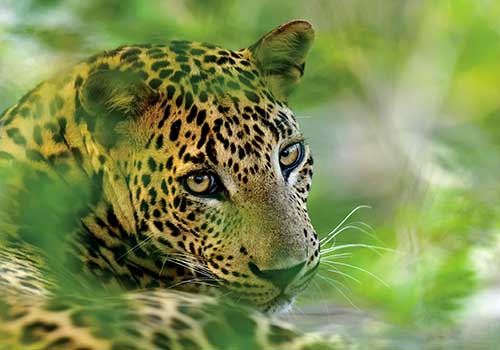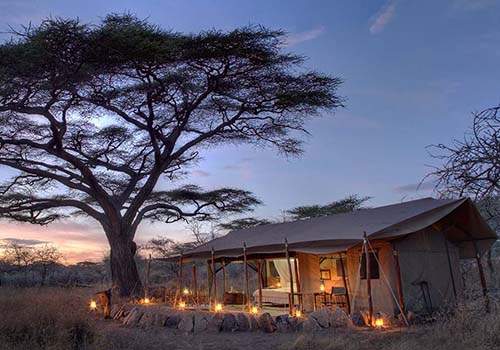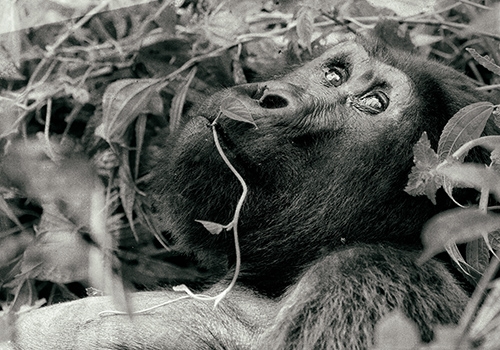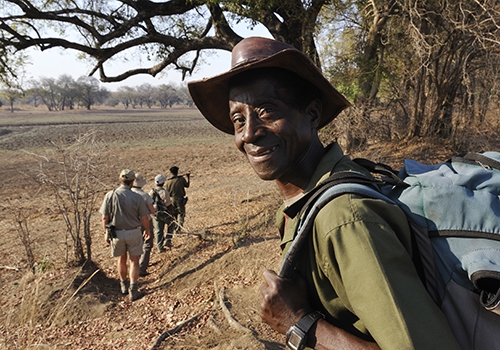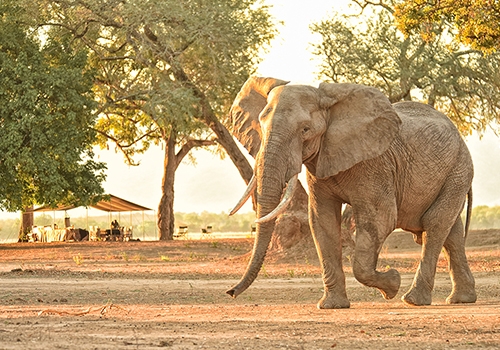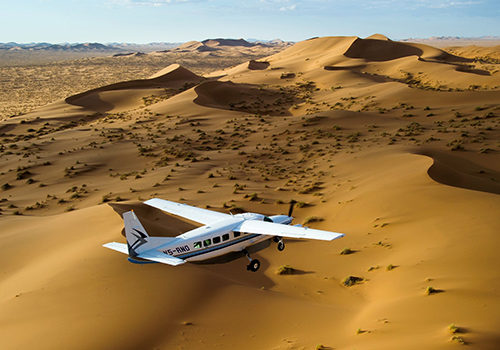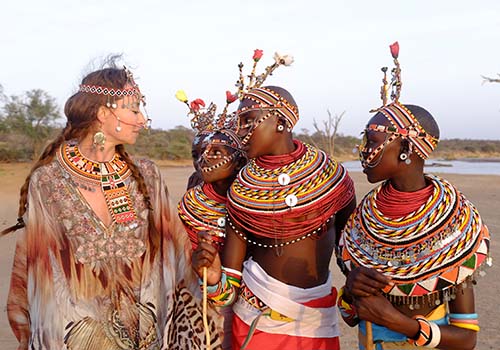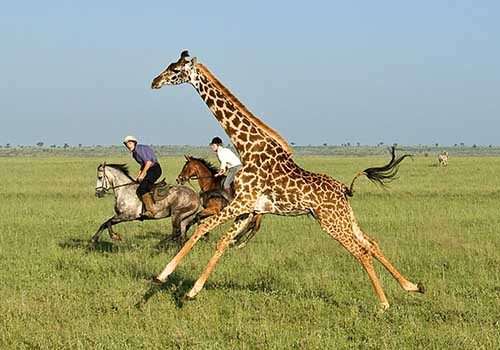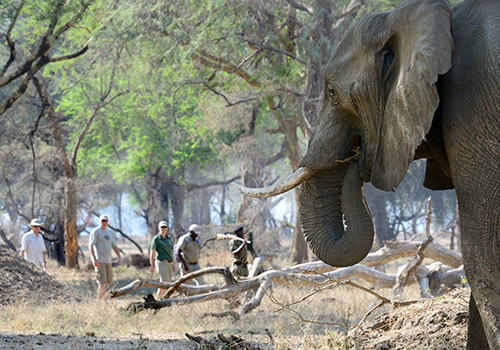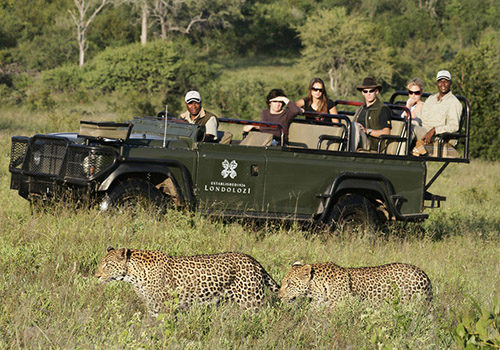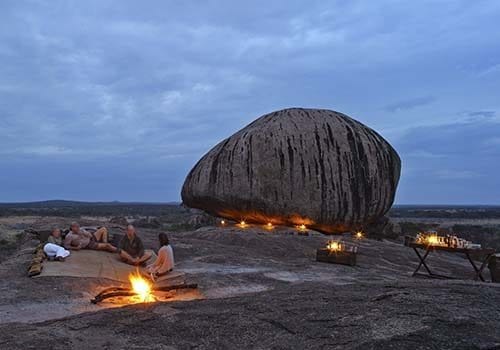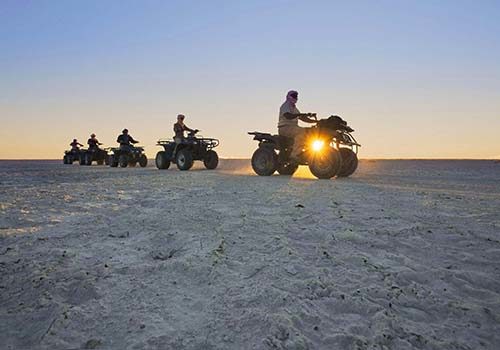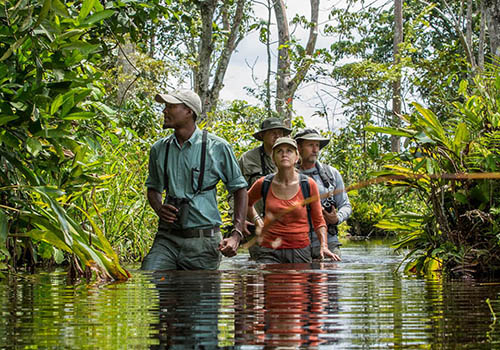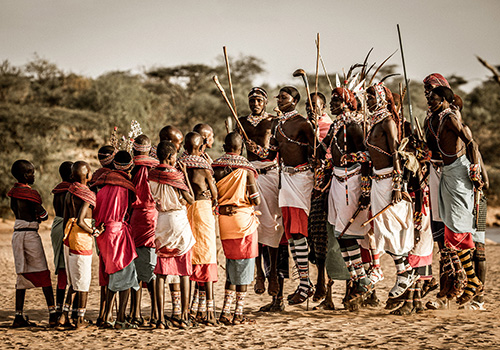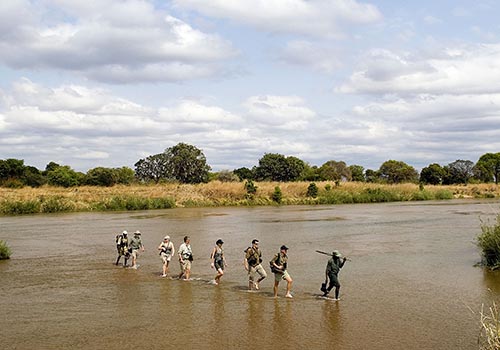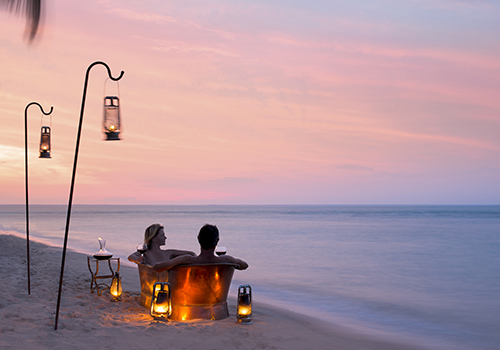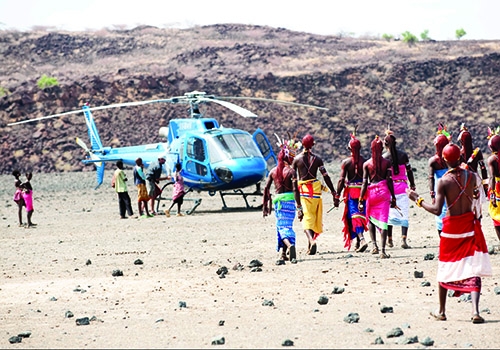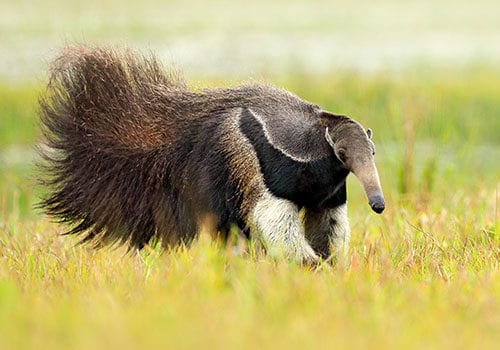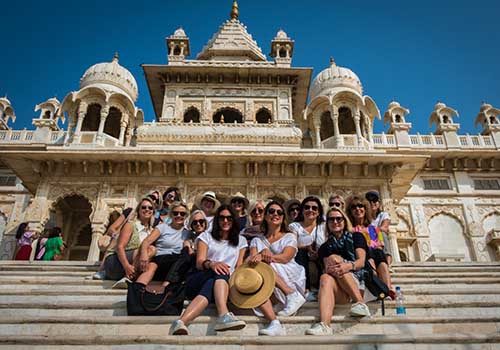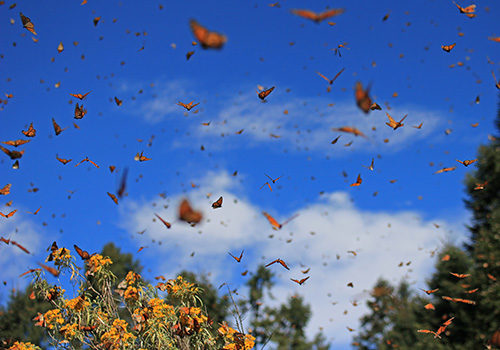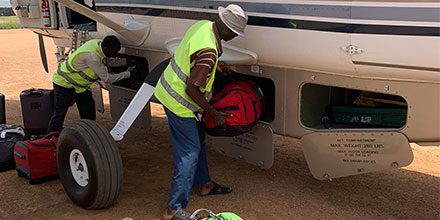
KEY INFORMATION TO PREPARE FOR YOUR JOURNEY
Welcome to Zimbabwe, a gem nestled in the southern part of Africa. With its stunning landscapes, vibrant culture, and abundant wildlife, Zimbabwe offers an unforgettable journey into the heart of the continent. Located between Zambia, Mozambique, South Africa, and Botswana, and graced by the majestic Victoria Falls, this country beckons adventurers, nature enthusiasts, and culture seekers alike. Get ready to be enchanted by the warmth of its people and the richness of its heritage as you embark on an extraordinary exploration of Zimbabwe’s unique charm.
This information will assist in preparing for your departure and includes helpful travel hints for when you are there. For detailed pre-departure information for Africa on the whole please refer to our AFRICA pre-departure information.
PLEASE NOTE: All pre-departure information was correct at the time of writing, but should be used as a guide only since requirements can change at short notice and without warning. Consult Smart Traveller or contact the Embassy of the Republic of Zimbabwe or the appropriate authority prior to departure to confirm all details.
AT A GLANCE
ZIMBABWE KEY FACTS
Time: GMT +2 hours | AEST -8 hours
Capital: Harare
International Airport(s): Robert Gabriel Mugabe International Airport (HRE)
Official languages: English, Shona & Ndebele
Religion: Christianity is the most dominant faith in Zimbabwe, followed by roughly 87.4% of the population.
Electrical Current: 220V |UK 3 square pin -Type G |European 2 round pin – Type C | South African 3 round pin – Type M
Currency: USD or ZAR
Australian Embassy in Harare: 1 Green Close, Borrowdale, Harare | T: (+263) 485 323 555 | www.zimbabwe.embassy.gov.au
Visa: Yes – currently required for Australian & New Zealand passport holders – available on arrival from $30USD – refer to ‘Passports and Visa Requirements‘ for further details.
PUBLIC HOLIDAYS
January 1: New Year’s Day
February 21: National Youth Day
Friday before Easter: Good Friday
Monday after Easter: Easter Monday
April 18: Independence Day
May 1: Workers Day
May 25: Africa Day
2nd Monday in August: Hero’s Day
2nd Tuesday in August: Defense Forces Day
December 22: Unity Day
December 25: Christmas Day
December 26: Boxing Day
USEFUL WEBSITES
Smart Traveller – https://www.smartraveller.gov.au/destinations/africa/zimbabwe
Travel Doctor-TMVC –https://www.traveldoctor.com.au/destinations/zimbabwe
Embassy of the Republic of Zimbabwe – http://www.zimembassycanberra.org.au/
READ MORE
BLOG: Which side to visit Victoria Falls – Zambia or Zimbabwe?
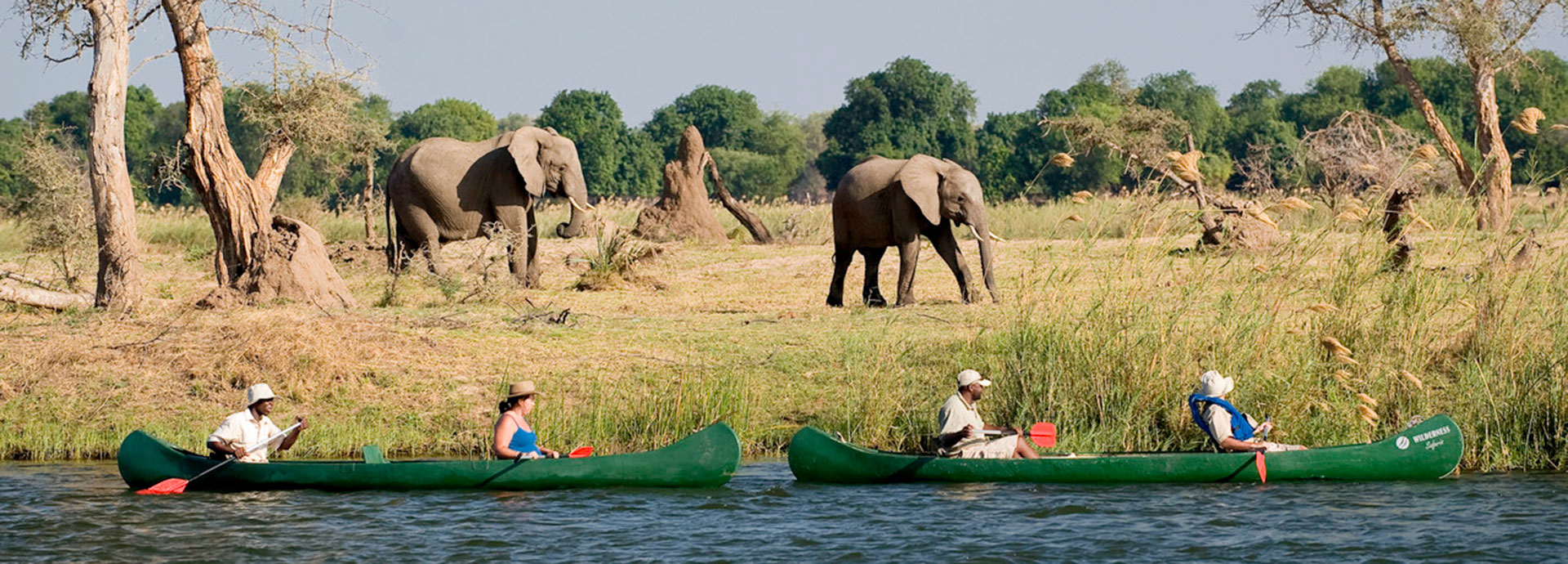
PASSPORT & VISA REQUIREMENTS
PASSPORTS
Your passport must be valid for at least six months after your return to Australia and have at least two blank pages for every entry and country you intend to visit on your journey. If your passport does not meet these requirements you must obtain a new one. The Australian Passport Office website is www.passports.gov.au.
It is a wise precaution to carry a photocopy of your passport separately and leave a copy at home. This will aid authorities in processing a new passport should yours get stolen or lost.
If you have dual citizenship and more than one passport, we strongly recommend that you use only one of these during your travels, as in some countries it is considered illegal to have two or more passports. Be sure to use the same passport on entry and exit from a country, and never surrender your passport.
If your passport name is different to your commonly used name, advise us of this and ensure your airline reservations match those of your passport name.
VISAS
Australian and New Zealand passport holders require a Visa to enter Zimbabwe and there are three main options:
Single Entry, Double Entry and KAZA UNIVISA visas with further details noted below. Please discuss which option might be most appropriate with your travel consultant.
All visas for Zimbabwe are obtained on arrival.
SINGLE ENTRY VISA
A SINGLE ENTRY VISA costs US$30 and is valid for 30 days from your date of entry, although you can apply for two 30 day extensions if required.
DOUBLE ENTRY VISA
You can also apply for a DOUBLE ENTRY VISA which costs US$45 and has a validity of 90 days.
KAZA UNIVISA
Alternatively, the KAZA UNIVISA costs US$50 and is valid for 30 days and enables travel between Zimbabwe and Zambia as well as day trips to Botswana. However it is only available from certain entry points: Harare, Bulawayo, and Victoria Falls airports and at the land border at Victoria Falls (Zambia border) and Kazungula (Botswana border). Availability of the KAZA Univisa can change at short notice.
UniVisa holders may visit Zambia and Zimbabwe multiple times within the 30-day validity period but is not extendable.
CLIMATE, WEATHER & SEASONS
CLIMATE
Despite lying in a tropical zone, Zimbabwe’s generally high altitudes produce a beautiful and moderate climate for most the year. The rains tend to fall from December – March. The further north you are the earlier the precipitation arrives and the later it leaves resulting in the higher eastern areas usually receiving more rainfall than the lower-lying western areas.
From April to May most of the rain has stopped and the night-time temperatures begin to drop. The nights in June, July and August become much cooler so don’t forget to bring some warmer clothes; the days are still clear and warm. This is the start of peak season when days are often cloudless and game sightings continually increase.
In September and October the temperatures rise once again: Zimbabwe’s lower-lying rift valley, Mana Pools, gets particularly hot. You’ll see some fantastic game as Zimbabwe’s wildlife concentrates around the limited water sources. November can be unpredictable; it can be hot and dry but it can also see the season’s first rainfalls.
| VICTORIA FALLS | JAN | FEB | MAR | APR | MAY | JUN | JUL | AUG | SEP | OCT | NOV | DEC |
|---|---|---|---|---|---|---|---|---|---|---|---|---|
| Temperature (°C) | 19-29 | 19-29 | 18-29 | 15-30 | 11-28 | 07-25 | 07-25 | 10-28 | 15-32 | 19-34 | 19-33 | 19-31 |
| Rainfall (mm) | 150-200 | 100-150 | 50-100 | 0-50 | 0 | 0 | 0 | 0 | 0 | 0-50 | 50-100 | 150-200 |
| HWANGE NP | JAN | FEB | MAR | APR | MAY | JUN | JUL | AUG | SEP | OCT | NOV | DEC |
|---|---|---|---|---|---|---|---|---|---|---|---|---|
| Temperature (°C) | 20-31 | 19-30 | 18-30 | 15-30 | 11-28 | 08-26 | 07-26 | 10-29 | 15-33 | 19-34 | 20-33 | 19-32 |
| Rainfall (mm) | 100-150 | 100-150 | 0-50 | 0-50 | 0 | 0 | 0 | 0 | 0 | 0-50 | 50-100 | 100-150 |
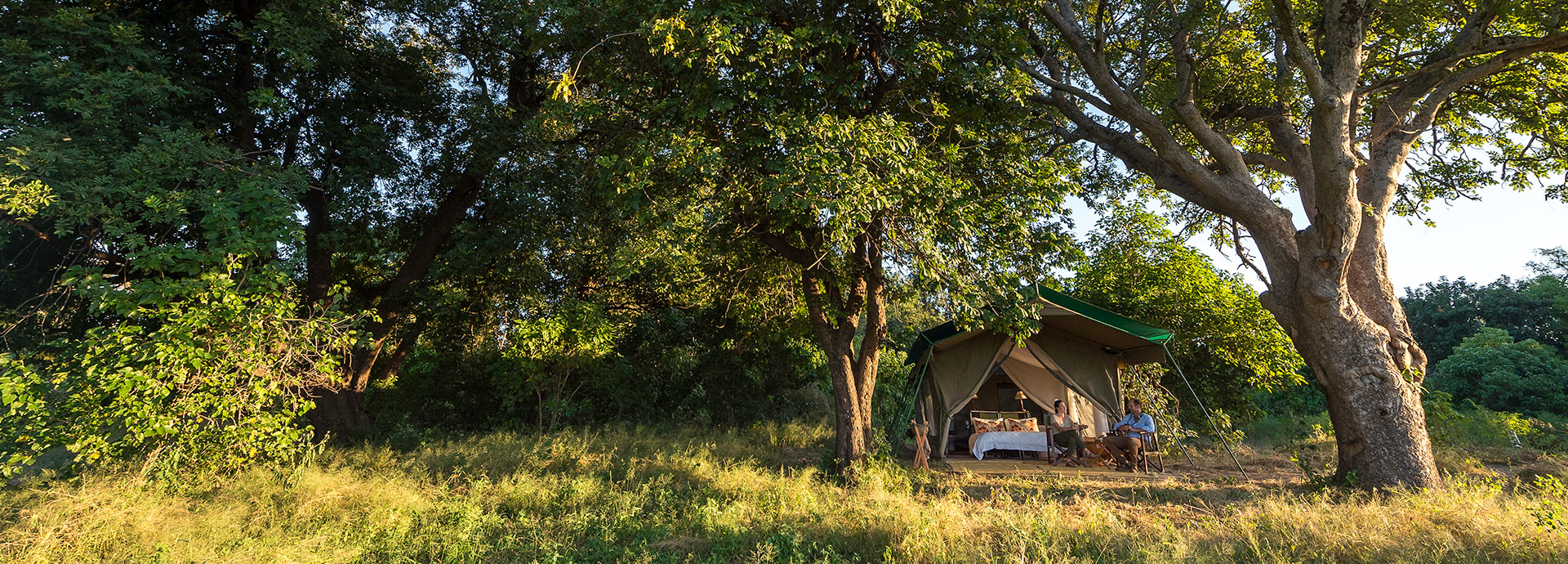
LUGGAGE & PACKING
LUGGAGE
Charter flight companies and some safari operators impose strict luggage restrictions.
The maximum luggage weight specific to your journey is 20 kgs including camera equipment and hand luggage for travel through Zimbabwe. Your bags must be soft-shelled and malleable and not exceed the maximum dimensions of 62cm x 30cm x 25cm.
If your luggage does not meet the criteria the charter companies will either leave your luggage behind, charge you for an extra seat onboard the aircraft (if one is available), or charter your bags separately at your cost. The charter planes have restricted space onboard, and, above all, the regulations are in place for your safety.
And if you are wondering how to pack everything in and keep it under weight read our blog – How to pack for a safari and keep it under 15kg
For further information on luggage and what to wear refer to our main Africa pre-departure information.
CHARTER FLIGHTS
The luggage storage on many charter flights across Africa looks like this:
The weight limit is a strict safety requirement to ensure the balance and carrying capacity of small aircraft.
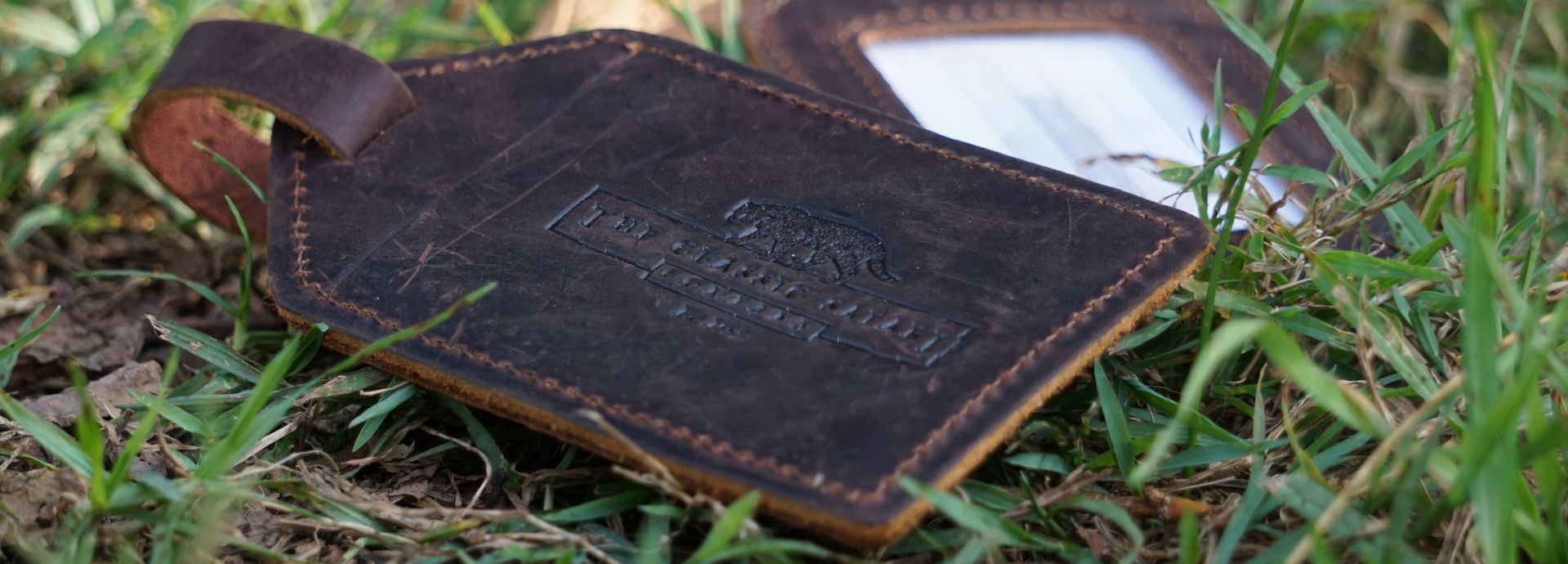
HEALTH & VACCINATIONS
VACCINATIONS
It may be necessary to take medical precaution prior to, and whilst travelling. As we are not qualified to offer advice, we recommend you contact your GP or the Travel Doctor-TMVC who have the most up‐to-date information available. Requirements are highly personal depending on your health profile and the activities in your itinerary. Some vaccinations must be given well in advance of travel, so we suggest seeking medical advice as soon as you start to plan your trip. Be sure to ask what vaccinations or medications may be required to enter Zimbabwe and to re-enter Australia.
You can also refer to SmartTraveller for a guide as to what may be required, however you should always seek professional medical advice before travelling.
For further information on health and vaccinations please refer to our main Africa pre-departure information.
FOOD & DRINK
Zimbabwe has a diverse culinary scene that reflects its cultural heritage and geographical location. Here are some food and drink tips for your visit to Zimbabwe:
FOOD
- Sadza: This is a staple food in Zimbabwe, made from finely ground maize (cornmeal). It’s similar to a thick porridge and often served with a variety of stews, vegetables, and meats.
- Biltong: A popular snack made from dried and cured meat, usually beef. It’s a great option for a quick and protein-packed snack.
- Nyama Choma: Grilled meat is a big part of Zimbabwean cuisine. Nyama Choma refers to grilled meat, often accompanied by vegetables and served with condiments.
- Matemba: These are dried fish, often served as a snack or used in stews and relishes.
- Vegetables: Zimbabwean cuisine incorporates a variety of vegetables such as spinach, kale, pumpkin leaves, and okra. These are often used in stews and side dishes.
- Muriwo Unedovi: This is a popular dish made from leafy greens, usually either collard greens or spinach, cooked with tomato and peanut butter.
- Chimodho: A type of fried bread that’s commonly enjoyed as a snack or as a side dish with main meals.
DRINKS
- Maheu: This is a traditional, non-alcoholic drink made from fermented grains, usually maize or millet. It’s a bit sweet and is considered a refreshing beverage.
- Zambezi Lager: This is one of Zimbabwe’s most popular beers. It’s a lager that’s widely available across the country.
- Chibuku: A traditional, opaque beer made from sorghum or maize. It has a distinct taste and is often enjoyed in rural areas.
- Tea and Coffee: Zimbabwe produces high-quality tea and coffee. These beverages are commonly enjoyed throughout the country.
- Fruit Juices: With its abundance of fresh fruits, you’ll find a variety of delicious fruit juices available, often made from local fruits like mango, guava, and citrus.
- Local Wines: Zimbabwe has a growing wine industry, so you might want to try some locally produced wines.
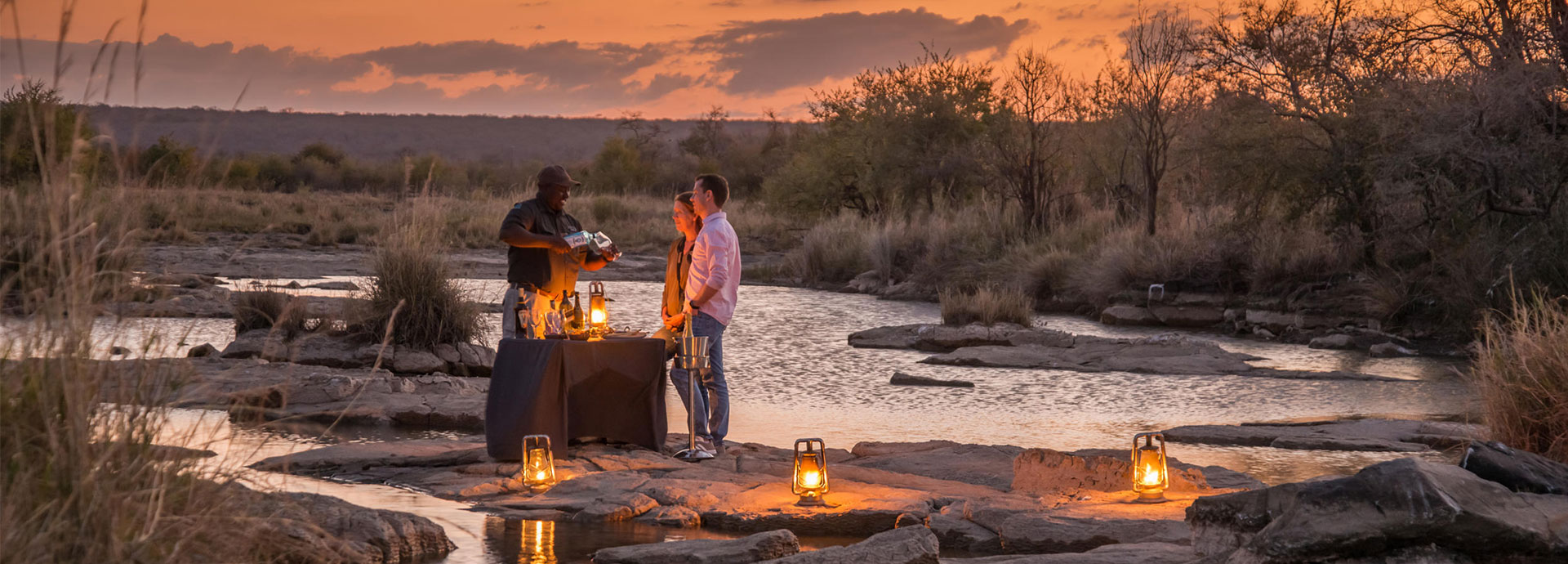
MONEY MATTERS
CURRENCY AND EXCHANGE
Zimbabwe abandoned the use of its own currency in 2009 and has since adopted a multi-currency scheme. Now US Dollar and South African Rand are widely accepted throughout the country. Since all taxes and entrances fees must be paid for in USD cash we recommend travelling with USD over ZAR. Please note that it is often hard to withdraw money from ATMs and banks due to cash shortages so it is best to take plenty with you.
Credit cards (Visa and Mastercard) are becoming more widely accepted throughout Zimbabwe but AMEX is still rarely taken, except in Victoria Falls Town where all cards are accepted. Please note that you need to take your physical credit card, and you need to know your PIN number, as not all places will allow you to ‘tap’. In some cases you may also be asked to sign.
You will require cash to pay for entrance fees into Vic Falls rainforest though, so it is therefore best to take a mixture of money – credit card, debit card or travel cash card and cash. You will need cash, preferably in small denominations, for gratuities (Refer to the ’tipping guide’ in our Africa Pre-Departure booklet for more information).
It is recommended that you DO NOT change money on the black market as you are more likely to receive a lower rate of exchange or fake notes.
TELL YOUR BANK
We highly recommend you advise your bank of your destinations and travel dates. This should prevent any of your transactions being deemed as ‘out of the ordinary’ (and possibly stopped) due to their unexpected location.
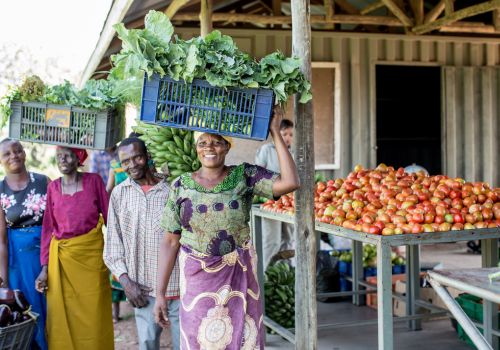
POWER, TECH & PHOTOGRAPHY
POWER
There are basically two main voltage systems used around the world: 110 Volt ‐ USA, Canada, Spain & Japan 220 Volt ‐ the rest of the world. In simple terms, the power supply available at the socket is roughly twice as powerful in 240V countries as in 110V countries.
The voltage in Zimbabwe is 220 Volts, therefore if you wish to use any electronic devices from Canada, the US or Japan you’ll need a voltage converter AND a plug adapter. Australia operates a 220V currency and therefore you only require an adapter for Australian appliances.
There are multiple outlet types used in Zimbabwe with TYPE G being the most common however TYPES C and M are also found. Alternatively you may prefer to invest in an International Travel Adaptor that provides you with more than one option.
Many adaptors also have a USB port so you can plug your smart phone, or I‐product directly into the adaptor.
For the latest & most up to date information about voltage and what adaptors to travel with refer to: www.korjo.com
ADAPTORS
Zimbabwe uses a 220V electrical current and a type G socket (UK 3 square pin) is the most common, however TYPES C and M are also found.

